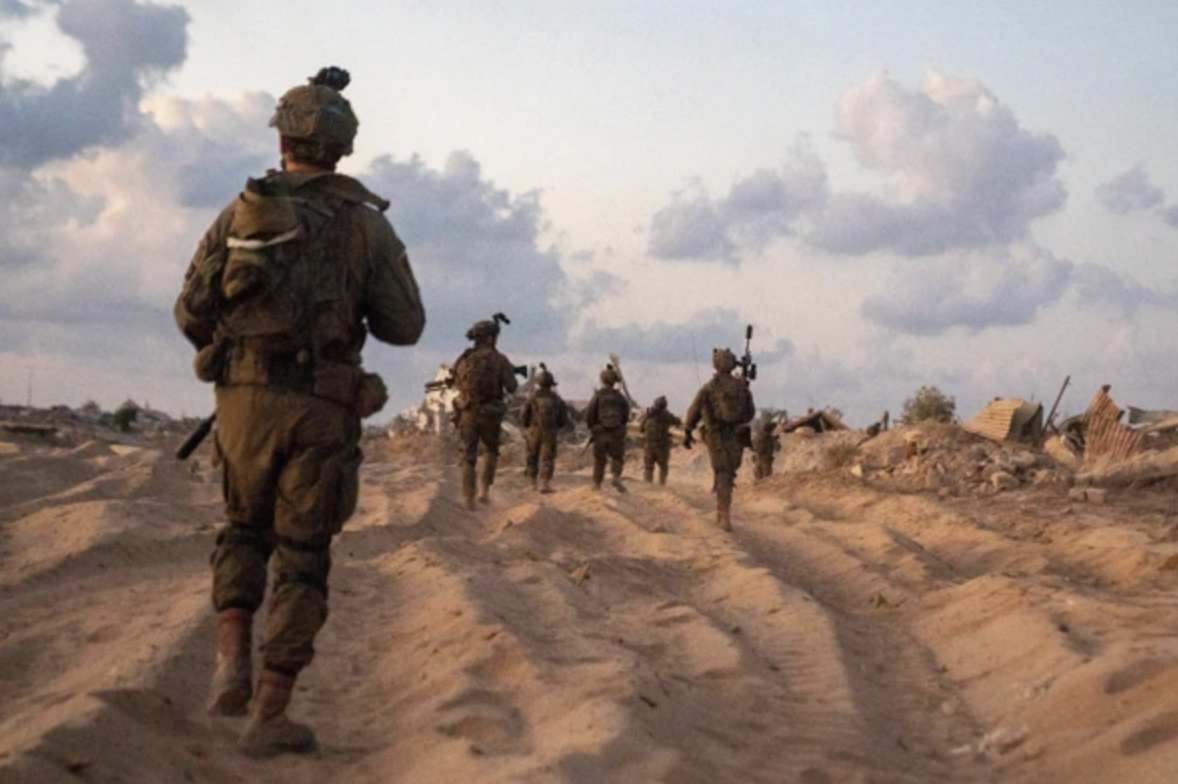Classified Information in Woodward's "Obama’s Wars"
The first Chapter of Bob Woodward’s Obama’s Wars describes Barack Obama’s first post-election intelligence briefing from Director of National Intelligence Mike McConnell, on November 6, 2008. The chapter shows McConnell, at the direction of President Bush, excluding many Obama aides (including Clinton Chief of Staff John Podesta and former Deputy National Security Advisor James Steinberg) from the briefing. Because the briefing contained highly classified inf
The first Chapter of Bob Woodward’s Obama’s Wars describes Barack Obama’s first post-election intelligence briefing from Director of National Intelligence Mike McConnell, on November 6, 2008. The chapter shows McConnell, at the direction of President Bush, excluding many Obama aides (including Clinton Chief of Staff John Podesta and former Deputy National Security Advisor James Steinberg) from the briefing. Because the briefing contained highly classified information about “sources and methods,” McConnell explained, only those “designated to take a top national security cabinet post” could attend. Woodward then recounts this highly classified intelligence briefing in great detail, including several highly classified CIA and NSA programs, and their code names.
After reading this chapter, I wondered how a meeting involving classified information so sensitive that a close Obama aide and former top national security official could not attend could the following year be recounted in such loving detail in the first chapter of a best-selling book. Woodward clearly got his information from participants in the meeting or their close aides. Was it right for these people to speak to Woodward about these matters? Was it legal? I sent these questions to John Rizzo, the just-retired thirty-four year veteran CIA lawyer who has seen his share of leaked classified information over the years.
John responded:
After reading this chapter, I wondered how a meeting involving classified information so sensitive that a close Obama aide and former top national security official could not attend could the following year be recounted in such loving detail in the first chapter of a best-selling book. Woodward clearly got his information from participants in the meeting or their close aides. Was it right for these people to speak to Woodward about these matters? Was it legal? I sent these questions to John Rizzo, the just-retired thirty-four year veteran CIA lawyer who has seen his share of leaked classified information over the years.
John responded:
Simple. When a President himself is a key source and directs or at least signals to his Administration to cooperate with the author, that for all intents and purposes means the book becomes one big authorized disclosure. That's what Obama did for Woodward, and that’s what Bush did for Woodward in his three books during that Administration, which also were packed with hitherto sensitive information. That’s what is remarkable and unique about Woodward's standing.That addresses the legal issue, but it raises the question why President Obama (and President Bush before him) thought it a good idea to disclose so much highly classified information. At a time when the Obama administration is aggressively asserting the state secrets privilege in court and prosecuting like never before government leakers of classified information, the Woodward book puts in a bad light the secrecy system that presidents can turn on or off at will, not always obviously in the national interest.
Jack Goldsmith is the Learned Hand Professor at Harvard Law School, co-founder of Lawfare, and a Non-Resident Senior Fellow at the American Enterprise Institute. Before coming to Harvard, Professor Goldsmith served as Assistant Attorney General, Office of Legal Counsel from 2003-2004, and Special Counsel to the Department of Defense from 2002-2003.




-1928c983-394b-444d-b1ec-f6590b7d9fee.jpeg?sfvrsn=78498e1e_7)
